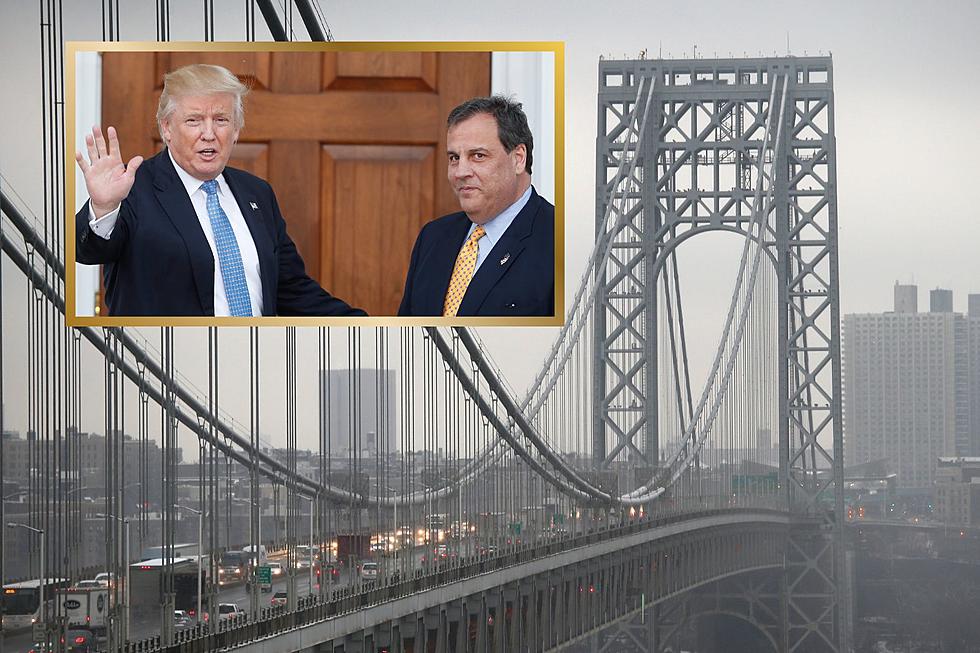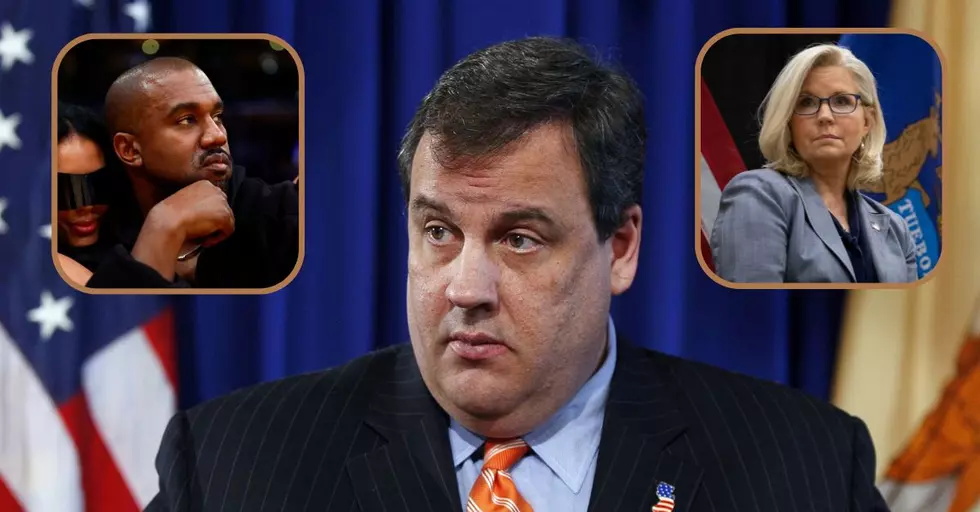![Gov. Christie Backs Sports Betting In NJ [VIDEO]](http://wac.450f.edgecastcdn.net/80450F/nj1015.com/files/2011/11/sportsbook-630x472.jpg?w=980&q=75)
Gov. Christie Backs Sports Betting In NJ [VIDEO]
Tuesday, New Jersey voters will be asked to cast a ballot as to whether they support changing the state constitution to allow sports betting at Garden State casinos and racetracks.
Governor Chris Christie says he’s all for it.
“I’m going to vote ‘yes’ for those who are concerned about what I’m going to do,” says Christie. “I’m voting ‘yes’ on it. I think it’s important for New Jersey to have this option and I don’t think it’s fair that it’s restricted to just a few states.”
State Senator Ray Lesniak’s law firm filed suit to overturn the federal sports betting ban, but the case was dismissed in March when a judge ruled that Lesniak and State Senate President Steve Sweeney didn’t have the legal standing to be plaintive in such a suit.
Christie says he didn’t join in that lawsuit because he didn’t know for sure if the people of New Jersey truly want to legalize sports betting, but, “If the public question passes next week I’ll be sitting down with Senator Lesniak and others to develop a strategy about how we try to implement the will of the people.”
The Governor knows first-hand that sports betting is already happening here. He explains, “I saw somebody at the (New York) Giants game this past weekend and I said, ‘Great win,’ and he said, ‘Yeah, well, the Giants didn’t cover (the betting point spread) and it blew my parlay.’ Now, gambling’s illegal in New Jersey on sports as far as I can tell, but I don’t think any of us are of the illusion that betting on NFL games isn’t happening every week in New Jersey. So, let’s get that economy out from underground. Let’s get it above ground. Let’s have the people who want to gamble on sports be able to do so legally and let’s have the people who benefit from it be the people of the State of New Jersey.”
Almost 20 years ago the federal government gave New Jersey one year to pass a bill to allow sports betting, but the deadline came and went and no such measure was approved. Under the Professional and Amateur Sports Protection Act it is currently unconstitutional for the Garden State TO legalize sports wagering in casinos and racetracks, but Tuesday voters will be asked in a ballot question if they support it.
Video by Dino Flammia
According to Lesniak, the ban puts New Jersey and 45 other states at a competitive disadvantage because it allows only four states in the nation (Nevada, Oregon, Delaware and Montana) to have a monopoly.
The National Football League has been steadfastly opposed to sports wagering in the Garden State for fear that it could compromise the integrity of the league.
A statewide poll by Fairleigh Dickinson University’s PublicMind released in the spring shows voters are likely to approve the measure.
53% of voters say they favor making sports-betting legal at Atlantic City casinos and racetracks, while 30% oppose it. Another 17% say they are not sure. The same question measured statewide in February found a similar percentage opposing it (32%) but more voters (62%) favoring it. The change is in the percentage of those not sure, from 6% to 17%.
“The question is not high on the radar of voters,” explains Peter Woolley, a political scientist and director of the poll. “Two-thirds (66%) say they have heard little or nothing about it. The good news for those who favor sports betting is that it is not a partisan issue.” About as many Democrats favor it (56%) as Republicans (52%).
Woolley says, “This probably isn’t a topic husbands want to bring up with their wives over the dinner table, because there is a significant difference in how men and women feel about this issue.”
One in five men (19%) say they have “a lot” of interest in the question, and they are twice as likely as women (10%) to say they have “a lot” of interest in the question. Nearly two thirds of men (63%) favor legalizing sports-betting, but fewer than half of women (43%) favor it.
Younger voters are far more likely to favor legalization than older voters. Almost four out of five (78%) of young voters, ages 18 to 34, favor legalization, contrasting sharply with those older. Middle-aged voters, from 35 to 54, favor the proposition by a 5-to-3 margin (52%-33%). Older voters, 55 and over, favor it by a slimmer margin of 45%-35% with one in five not sure (20%).
Those who say they have a lot of interest in the issue, favor legalization by more than two to one (66%-29%).
“As always,” says Woolley, “a lot depends on who actually shows up to vote, who reads the fine print at the bottom of the ballot, and who understands the obscure language of the question.”
The poll of 711 registered voters statewide was conducted by telephone using both landlines and cell phones from March 29 through April 4, 2011, and has a margin of error of +/-4 percentage points.
More From 105.7 The Hawk









